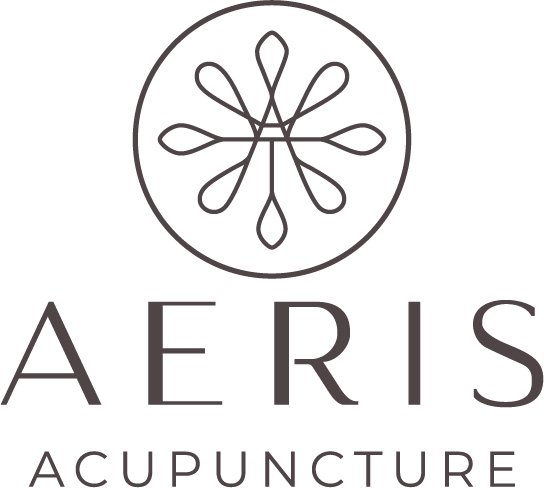How Acupuncture Helps with Anxiety
A Natural, Research-Backed Approach
Anxiety can affect nearly every part of daily life—from how you sleep and focus to how your body feels. While medications and talk therapy are common treatment options, more people are turning to holistic approaches like acupuncture to manage anxiety naturally. And the best part? It’s not just tradition—science is starting to catch up.
The Science Behind Acupuncture and Anxiety
Acupuncture is a safe, drug-free therapy that involves placing very thin needles at specific points on the body. This stimulates the nervous system and helps bring the body back into balance. Several studies have shown that acupuncture can reduce the symptoms of anxiety by affecting the way the brain and body respond to stress.
For example, acupuncture has been shown to lower levels of cortisol, the body's main stress hormone. At the same time, it helps increase levels of serotonin and endorphins, which are natural chemicals that improve mood, support relaxation, and reduce pain. This chemical shift can result in a greater sense of calm—even after just one session.
What Brain Research Shows
Functional MRI (fMRI) studies have revealed that acupuncture influences brain regions involved in regulating emotions, including the amygdala and hippocampus. These are the same areas often overstimulated in people with chronic anxiety. By calming the activity in these areas, acupuncture may help reduce feelings of fear, restlessness, and worry—supporting a more grounded and relaxed mental state.
A Traditional Chinese Medicine Perspective
In Traditional Chinese Medicine (TCM), anxiety isn’t just a mental health condition—it’s seen as a sign of internal imbalance. Anxiety is most commonly associated with imbalances in the Heart and Liver organ systems. In TCM, the Heart governs the mind and emotions, while the Liver is responsible for the smooth flow of Qi (energy) throughout the body.
When the Liver is "stagnant" or the Heart is "disturbed," it can show up as symptoms like a racing mind, insomnia, irritability, tightness in the chest, shallow breathing, or digestive issues. Acupuncture helps regulate these systems by improving circulation, calming the mind, and gently guiding the body back to a state of balance.
What to Expect from Acupuncture Treatment
Many people notice a deep sense of relaxation during and after an acupuncture session—sometimes described as feeling like you've just had a great nap or a deep meditation. Over time, consistent treatment can lead to more stable moods, better sleep, and a stronger ability to cope with stress.
Acupuncture treatments are highly individualized. Your acupuncturist will take time to understand the root causes of your anxiety from both a physical and emotional perspective, then tailor your treatment plan accordingly.
An Effective Addition to Your Mental Health Toolkit
Acupuncture isn’t a magic bullet, but it can be a powerful part of a well-rounded approach to managing anxiety. Whether you’re dealing with chronic stress, panic attacks, or generalized anxiety, acupuncture offers a gentle, effective, and non-invasive option that supports both mind and body.
If you're looking for a natural way to feel more grounded, less anxious, and better equipped to handle life’s challenges, acupuncture is worth exploring. When paired with other supportive practices like therapy, mindfulness, and lifestyle changes, it can be a valuable tool on your path to feeling better.

